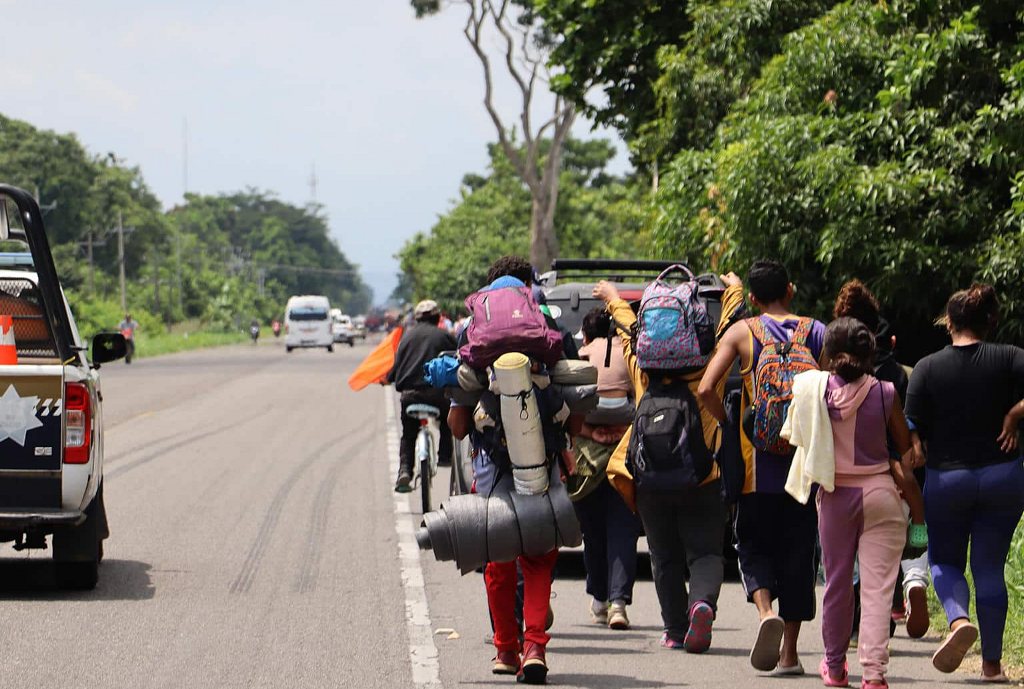When disaster strikes in the United States, Americans are quick to step up and help their fellow citizens. From grassroots efforts to nationwide fundraising campaigns, it seems like every time a hurricane, wildfire, or other catastrophe hits, the government relies heavily on the goodwill of its people and private donations to provide aid. Yet, when it comes to foreign aid, the federal government doesn’t hesitate to allocate billions of taxpayer dollars overseas. The recent examples of funding for Ukraine compared to the relatively small amounts sent for domestic disaster relief in places like Hawaii and Florida raise important questions. Why does it seem like the U.S. government has plenty of money for other countries, but so little for its own citizens when they need help the most?
Billions for Ukraine, Pennies for Hawaii
Let’s start with some hard numbers. Since the conflict in Ukraine began, the U.S. has provided over $113 billion in aid to the country. That’s right—$113 billion of American taxpayer money has been sent overseas to fund Ukraine’s war effort, rebuild its infrastructure, and provide humanitarian assistance. To put this into perspective, that amount is significantly more than the entire budget of the U.S. Department of Homeland Security, which is responsible for responding to domestic disasters.
Now, compare this to what Hawaii received after the devastating wildfires that ravaged the island of Maui. In August 2023, the fires destroyed entire communities, left residents homeless, and caused untold environmental damage. Yet the federal government’s initial response was a meager $700 one-time payment to families affected by the disaster. While additional funds were allocated later, the disparity between what’s being spent abroad and what’s available for Americans suffering from disasters is glaring.
Hurricane Helene: Another Example of Misplaced Priorities?
More recently, Hurricane Helene battered the southern U.S., leaving destruction in its wake and triggering another round of donations and private relief efforts. While FEMA and state governments certainly played a role in the relief efforts, the response was once again criticized for being slow and underfunded. Many Americans are left wondering: if the U.S. can afford to send billions to foreign nations, why can’t it properly fund its own disaster relief programs?
It’s not just about the immediate aid, either. Rebuilding communities after natural disasters is a long and expensive process. In the case of Hurricane Helene, the costs will run into the billions as homes, businesses, and infrastructure are repaired. Yet, we have seen little in the way of major federal funding announcements that would adequately meet the needs of those affected. Instead, Americans are once again turning to GoFundMe campaigns, local charities, and non-profit organizations to fill the gaps left by the federal government.
Where Is the Money Going?
This begs the question: why is there such a stark difference between foreign aid and domestic disaster relief funding? One possible explanation is that it’s easier for corrupt officials and interest groups to siphon off money when it’s sent overseas. When billions of dollars are allocated to foreign aid, much of that money disappears into the bureaucratic labyrinths of recipient nations. Tracking how those funds are spent is difficult, if not impossible. Corruption runs rampant in many countries, and the lack of oversight means U.S. taxpayer dollars may end up in the pockets of foreign oligarchs or corrupt officials rather than going toward the intended cause.
In contrast, domestic spending—especially on high-profile disasters—is subject to far more scrutiny. Government agencies are held accountable by watchdog groups, the media, and even individual citizens who have access to government spending records. Mismanaging disaster relief funds would be political suicide for most elected officials, so there’s a much greater incentive to keep those budgets low. Meanwhile, overseas aid is out of sight, out of mind, and much harder for the average American to keep track of.
The Political Angle: Foreign Aid as a Tool for Influence
Foreign aid has long been used as a political tool by the U.S. government to secure alliances, spread democracy, or, in more cynical terms, buy influence in other countries. Supporting Ukraine is seen as a geopolitical necessity to counter Russian aggression, and few would argue that aiding a country under attack is inherently wrong. But when this type of spending is compared to the lack of adequate funding for domestic crises, the priorities of the federal government come into question.
It’s easy for politicians to champion sending money overseas because it positions the U.S. as a global leader. However, the optics of these massive foreign aid packages look very different to Americans who are struggling to rebuild after losing their homes to a wildfire or flood. For many, it feels like their own government is more concerned with helping foreign nations than providing for its own citizens in times of crisis.
Private Donations Fill the Gap Left by Government
The American spirit of charity is alive and well, but why should citizens be left to shoulder the burden of disaster relief while the government spends billions on foreign wars and aid programs? In the aftermath of disasters like the Maui fires or Hurricane Helene, it’s not uncommon to see celebrities, corporations, and everyday people step up and contribute millions of dollars to relief efforts. And while these donations are undoubtedly helpful, they are a band-aid solution to a much bigger problem.
Federal disaster relief programs like FEMA are consistently underfunded, and when they are stretched thin by multiple disasters in a single year, their responses can feel inadequate. Relying on private donations to make up the shortfall is not a sustainable solution. The federal government must prioritize domestic spending and make sure it has the resources to provide timely and effective disaster relief when needed.
Is There a Solution?
It’s time for the federal government to reassess its spending priorities. No one is suggesting that foreign aid be eliminated entirely—there are certainly situations where providing assistance abroad is both necessary and morally justified. However, the current imbalance between foreign aid and domestic disaster relief is simply too large to ignore.
Congress should reallocate a portion of the billions spent overseas to bolster disaster relief programs at home. By increasing funding for FEMA and other disaster response agencies, the government can ensure that when the next wildfire, hurricane, or flood hits, Americans won’t have to rely on charity alone to rebuild their lives. Additionally, greater transparency and accountability for foreign aid spending would go a long way in restoring public trust.
Americans deserve better from their government. If the U.S. can afford to send billions overseas, it can surely afford to take care of its own citizens when disaster strikes.
Source link
Admin



